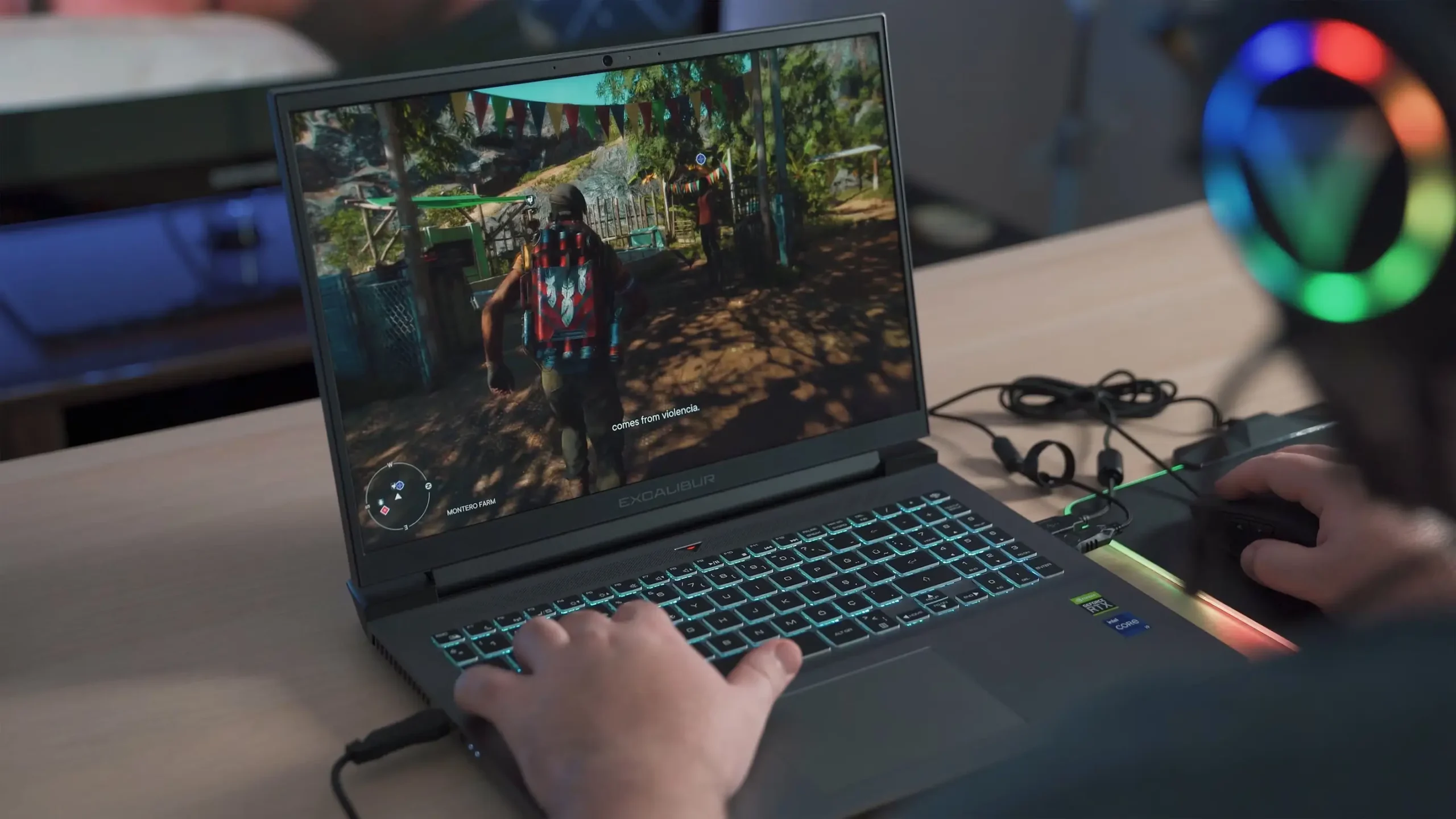
When most of us sit down to play a video game, we don’t focus on the technology at work behind the scenes that creates worlds we want to return to again and again. The same goes for artificial intelligence (AI). While the abbreviation has become part of the lexicon in recent years, video games aren’t necessarily what comes to mind when we think of the term. Instead, most people associate chatbots like Open AI’s ChatGPT and Google’s Gemini with this technology.
However, as with all things tech-related, the video game industry is at the forefront of using AI. AI has allowed game developers to create convincing non-player characters (NPCs) that are hard to distinguish from human players. This technology is also behind the immersive and adaptive environments that have become commonplace in today’s games. In this article, we look at AI’s role in changing modern gaming.
Enhancing Player Experience
The gaming industry has recognized the importance of personalization in improving the player experience, and AI has allowed it to deliver unique experiences to each player. One of the best examples of AI at work is in the iGaming sector, where online casinos use it to analyze player behavior and preferences. Whether a player is spinning the reels on a virtual platform like PokerStars Casino or thinking about their next move in a game of blackjack, AI is studying their every move. Online casinos can use the data they gather from player interactions with their platforms to tailor promotions and bonuses or recommend games, ensuring players have the best experience possible.
And it’s not just online casinos getting in on the AI action. Other genres, like RPGs, also use AI to tailor difficulty levels, quest lines and in-game actions based on an individual player’s gaming style. If AI detects that a player is having trouble getting through a scene, it might adjust the difficulty of enemies or the complexity of puzzles to keep them from becoming frustrated and quitting the game. AI-driven narratives in games are also becoming more common, adapting to the choices players make during the game and offering unique storylines and outcomes.
In multiplayer games, AI often works like a matchmaker, pairing gamers of similar skill levels so a beginner doesn’t end up in a situation where they’re in over their heads and a veteran player doesn’t end up playing against gamers without much experience. AI creates balanced matches by quickly analyzing player statistics, behavior patterns and play styles to ensure every player has a fair shot at winning.
AI in Game Development

AI has played a big role in game development, especially procedural content generation (PCG), which uses algorithms to automatically create game content. This saves game developers a lot of time because they no longer have to design each game element manually. As a result, complex and vast game worlds can be created with minimal human intervention. If you’ve played games like No Man’s Sky and Minecraft, you’ve witnessed PCG at work. Think about the 18 quintillion planets in No Man’s Sky, each with its own unique ecosystem and landscape.
A developer working without AI would never be able to manually create such an expansive world, but, with PCG, it’s possible, giving players an almost limitless universe to explore. The same goes for Minecraft, where PCG is used to build endless worlds, generating terrain and structures for players to explore. Since PCG can produce an almost limitless amount of content, it increases the replay value of games while saving gaming companies money and reducing the time it takes to develop new titles.
AI in Game Testing and Quality Assurance
Before a game hits the market and makes it to your screen, it undergoes extensive testing to ensure it’s free of bugs and other glitches that could take away from the gameplay. AI has made this process even more reliable and reduced gaming companies’ reliance on manual labor, which is prone to human error. AI imitates human behavior when testing various gaming scenarios and might find issues that human testers have overlooked.

Leave a Reply